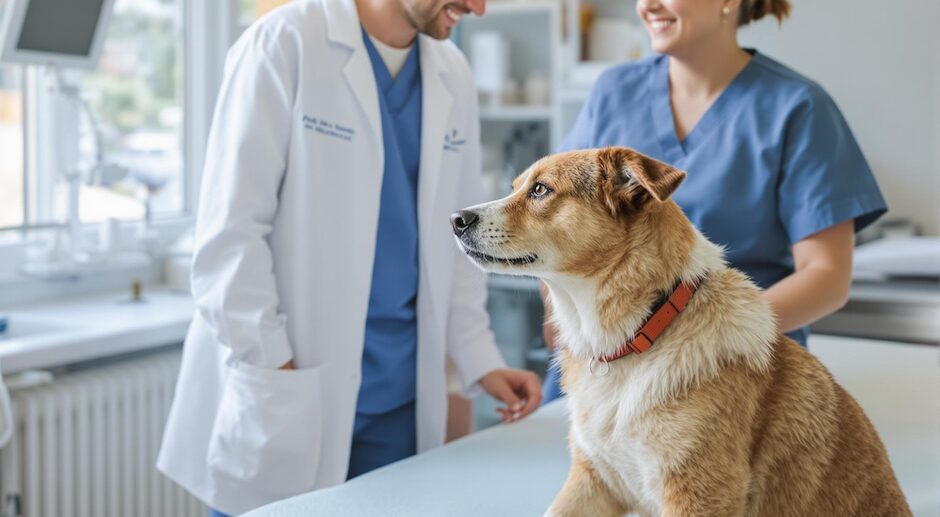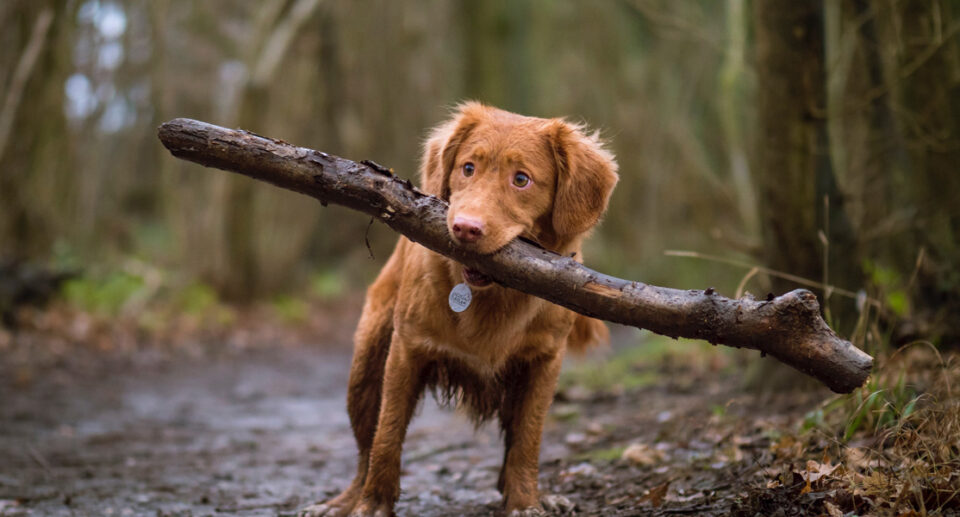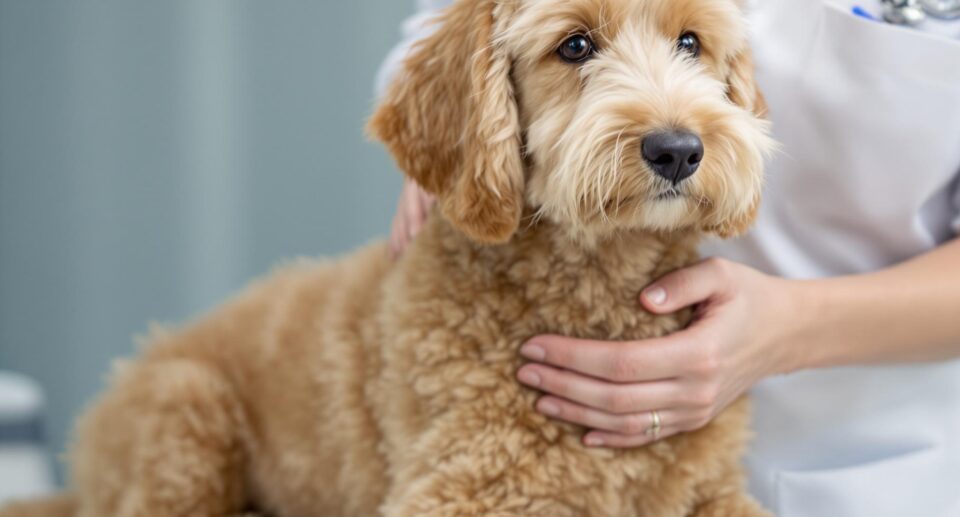
Most dogs scoot every now and then, much to the dismay of whoever’s in charge of keeping the carpet clean. It’s usually a way of relieving an itchy behind, but frequent scooting can be a sign that your dog needs grooming or medical attention.
Anal Gland Issues In Dogs
One of the most common reasons dogs scoot along the floor is to relieve pressure caused by a full or clogged anal gland. Healthy anal glands, located on each side of a dog’s anus, release an odorous fluid as the dog defecates as a way of leaving behind a scent marking to communicate with other dogs. If your dog’s anal glands do not empty completely when they poop, the fluid can leak. You may notice a fishy odor and/or a translucent brownish fluid around your dog’s anus and on furniture.
If your dog’s anal glands are not expressing completely when they poop, supplementing fiber in their diet can help create bulkier stools, which in turn helps the anal glands naturally release on their own. Glandex contains a special blend of soluble and insoluble fiber plus probiotics to help improve stool quality and reduce scooting.
If supplemental fiber doesn’t help, talk to your vet. It’s not the best idea to attempt to squeeze your dog’s anal glands on your own, or to have your groomer do it, because manual expression does not empty the glands completely and can cause more harm than good.
Can Worms Cause Scooting In Dogs?
Worms, particularly tapeworms, can sometimes cause scooting. Tapeworms reproduce by breaking off into small segments which can appear in your dog’s poop, around their anus, and on bedding. They look a lot like tiny, squirming grains of white rice. A simple fecal test at your vet’s office can determine if your dog has worms, and if so, what species, so your veterinarian can prescribe an appropriate treatment.
Scooting Due To Poor Hygiene
Sometimes, dogs simply scoot to remove fecal matter stuck to their fur. This is known as pseudocoprostasis, or, more commonly, “dingleberries.” You can have your groomer trim the fur on your dog’s rear end to help it stay clean. If attempting this on your own, use small, blunt-edge scissors to trim those sensitive areas.
Scooting As A Symptom Of Food Intolerances
It’s common for dogs to have trouble digesting some of the ingredients in their food, and this can lead to itching and inflammation, sometimes paired with gastric upset.
Dogs tend to have intolerances to animal proteins in their food, such as beef or chicken, though they can also struggle to digest grains, legumes, potatoes, and other carbohydrate sources, as well as artificial vitamins and minerals in their food. Food intolerance triggers are typically revealed through an elimination diet with the help of limited ingredient pet foods or a 5Strands Pet Intolerance Test.





